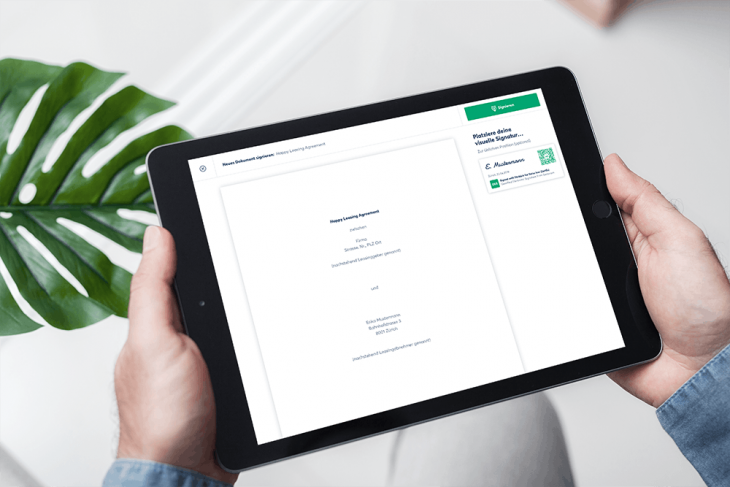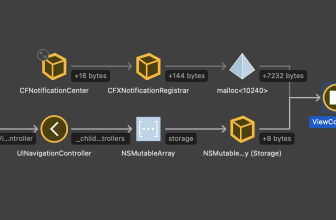E-sIgnature
11.10.2021, Zurich, Skribble / Author: Herbert Wieler
Home office triggered rethinking
More and more companies are signing digitally instead of on paper: Work in the home office accelerated the switch to e-signature. Even now, as more and more employees return to the office, demand remains high.
The numbers from e-signature provider Skribble speak for themselves: the number of people signing electronically on Skribble grew by 1000% within the first 12 months after the pandemic began.
 Philipp Dick, CEO of e-signature provider Skribble (Source: Skribble)
Philipp Dick, CEO of e-signature provider Skribble (Source: Skribble)
“We have always been convinced that the electronic signature will replace the handwritten signature in the medium term,” says Philipp Dick, CEO and Co-founder of Skribble. “However, we did not foresee the extreme boost that accelerated the change last year.»
The main reason for the additional boost: The home office wave triggered by Corona. Working with colleagues and providing services to customers suddenly had to take place remotely. Signatures were often the only reason that kept forcing employees into the office. Whether for internal documents such as employment contracts, or for external documents such as sales contracts with customers – the paper was waiting in the office to be processed.
“This meant that companies we were already in discussions with were able to conclude contracts more quickly and inquiries from interested new companies filled our e-mail mailboxes – signing in the home office had to be possible, and quickly,” says Dick. A rethink took place.
Competitive advantage across the pandemic
The e-sIgnature gives companies a competitive advantage that remains even after returning to the office. It not only allows working from anywhere, but also brings significant cost savings and efficiency gains.
“On average, electronic signing with Skribble is 80% cheaper than signing on paper,” says Dick. Companies seem to have recognized this potential: “The demand for our e-signature solution is not flattening even now, as work is moving back to the office in many places.»
Not every digital signature is legally valid
Good to know: Not every digital signature is legally valid for every type of contract. The EU’s Signature Act defines three e-sIgnature standards. When and which e-signature is used, legal requirements and internal company guidelines decide. Learn more in Skribble’s free white paper.
 With e-signing, companies sign their documents more efficiently and cost-effectively than on paper (Source: Skribble)
With e-signing, companies sign their documents more efficiently and cost-effectively than on paper (Source: Skribble)
About Skribble
Skribble is the European provider of electronic signatures. As a one-stop shop for electronic signing, Skribble provides the legally appropriate electronic signature for every type of contract. It is based on legally regulated standards, including the qualified electronic signature (QES) – the only form of electronic signature that is equivalent to a handwritten signature under EU law and Swiss law. Skribble is based in Zurich (Switzerland) and has another location in Karlsruhe (Germany).













